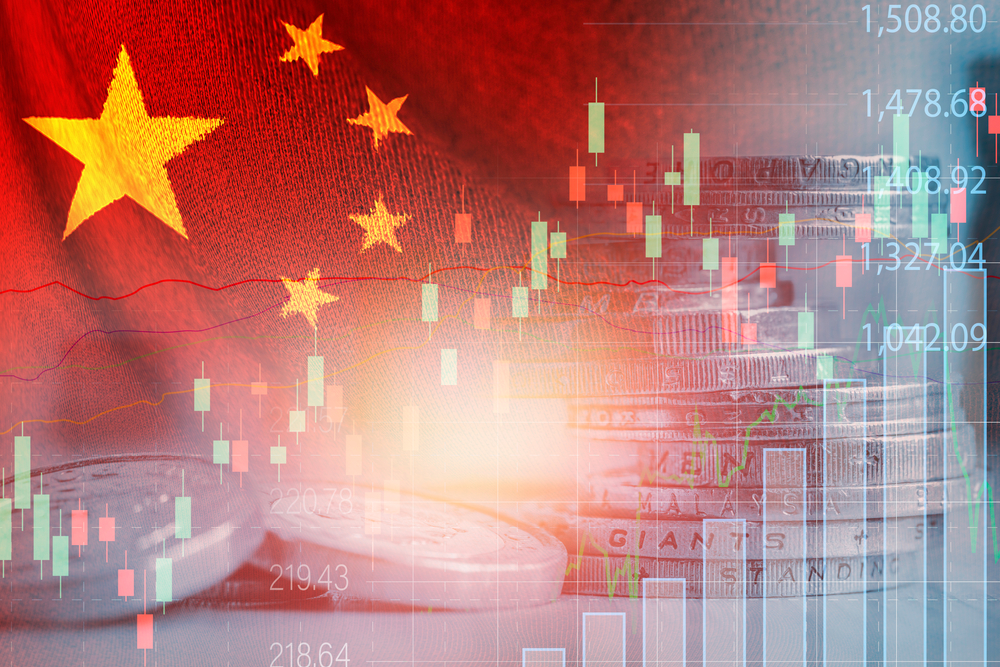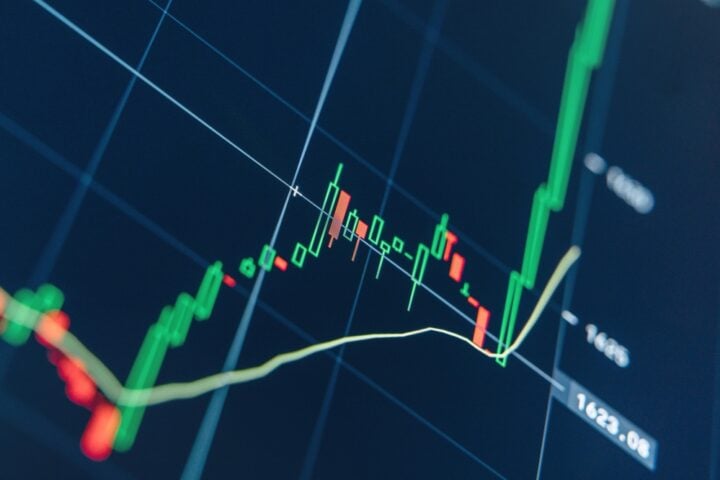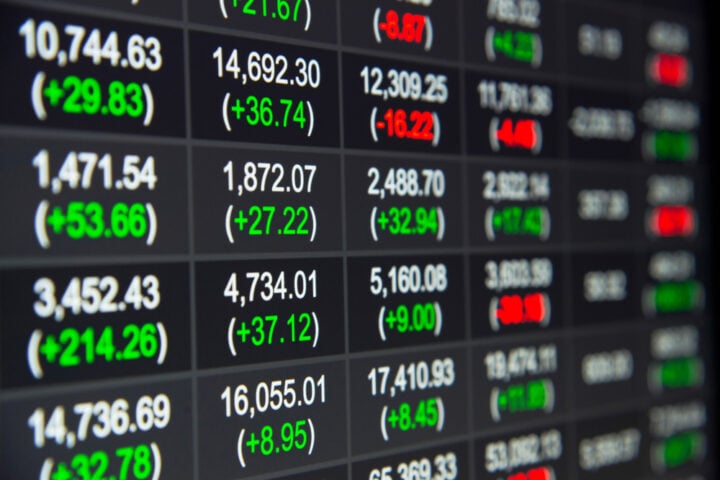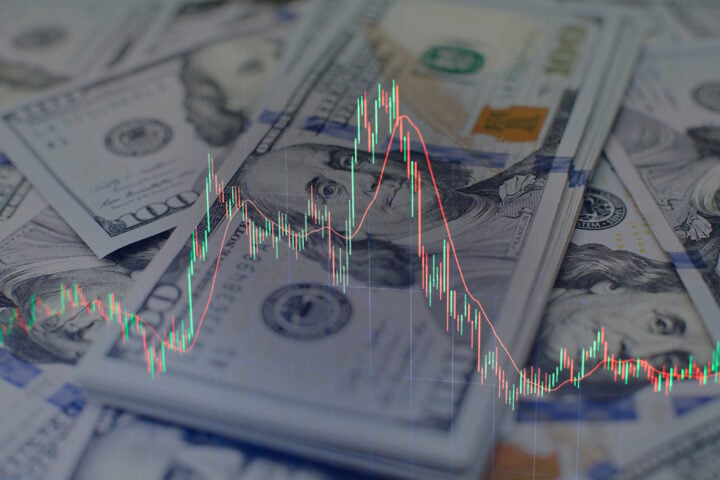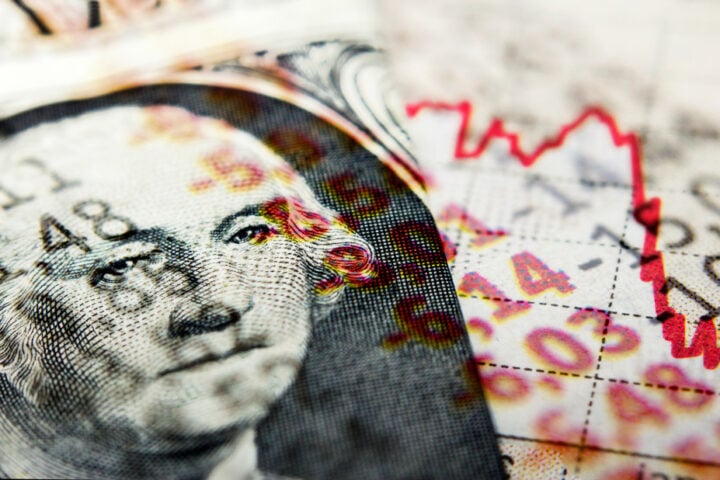China’s recent advancements in artificial intelligence and improved relations with tech giants have driven a major rally in Hong Kong stocks and internet companies. However, analysts warn that investor enthusiasm remains volatile, and global investors are hesitant to make long-term commitments in the fluctuating market.
Hong Kong Stocks Surge
The Hang Seng Index (.HSI) has rebounded strongly, competing with Germany’s DAX (.DAX) as the best-performing market this year, with gains of 13% and 13.1%, respectively. In contrast, the S&P 500 (.SPX) has only risen by 4%. Hong Kong tech shares (.HSTECH) have surged 31% since mid-January, reaching three-year highs as President Xi Jinping met with top tech executives in Beijing.
Speculative Trading and Investor Caution
Investor sentiment has been fueled by speculation, with traders analyzing images from the tech leaders’ meeting for insights. However, analysts caution that trading remains highly retail-driven and volatile. “As with moves in the past two years or so in HK/China, it’s very retail-driven (and volatile) – a trading market,” said Wong Kok Hoong, head of equity sales trading at Maybank.
Massive Inflows from Mainland Investors
Broker data indicates that the rally has been largely driven by mainland Chinese investors. CICC reports that cumulative southbound flows since the Lunar New Year have reached HK$26.6 billion ($3.4 billion), matching record inflows seen in September.
A Morgan Stanley report showed hedge fund exposure near its highest level in a year, with investors in Asia taking long positions rather than covering short bets. “Hot money is driving the market for the past two weeks,” said Steven Leung of UOB KayHian.
Triggers Behind the Rally
The surge has been driven by factors such as the rise of AI startup DeepSeek, which has developed a cost-effective AI model, relief over the absence of major U.S. sanctions, and Xi Jinping’s engagement with tech leaders.
Alibaba (9988.HK) has been a focal point of the rally, driven by its AI partnership with Apple (AAPL.O) and the reappearance of its founder, Jack Ma, at a high-profile symposium. Alibaba’s stock hit a three-year high and is up nearly 50% this year. Trading volume for Alibaba shares in Hong Kong and its U.S.-listed ADR reached multi-year highs.
Changing Government Stance
Jack Ma’s public appearance is viewed as symbolic of the Chinese government’s shifting approach toward the tech sector. “If there’s one person associated with the tech crackdown, it’s Jack Ma… it’s more or less a total reversal of the policy stance from a few years ago,” said Christopher Beddor, deputy China research director at Gavekal Dragonomics.
Global Investors Remain Cautious
Despite the optimism, global investors remain skeptical about China’s long-term investability. Morgan Stanley noted last week that global funds were reassessing their stance on China but had remained underweight as of late January.
Goldman Sachs analysts raised their MSCI China Index forecast to 85 from 75, reflecting increasing confidence in the market’s potential.
Short-Term Trading Mentality
Analysts caution that previous market rallies tied to China’s post-COVID reopening and stimulus pledges have faded quickly. Many investors are adopting a short-term mindset, seizing early opportunities before the hype diminishes.
Maybank’s Wong summarized the retail investor sentiment in China: “The early believers get to eat the chicken; the subsequent ones get to drink the chicken soup; and the late true believers will have to take over the empty plates.”
While China’s AI advancements and government policy shifts have sparked optimism in Hong Kong stocks, the rally remains highly speculative. Investors are watching closely, but the volatility suggests a cautious approach is necessary for sustained long-term gains.


